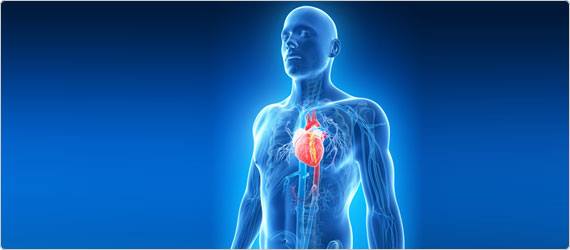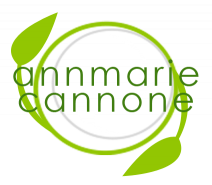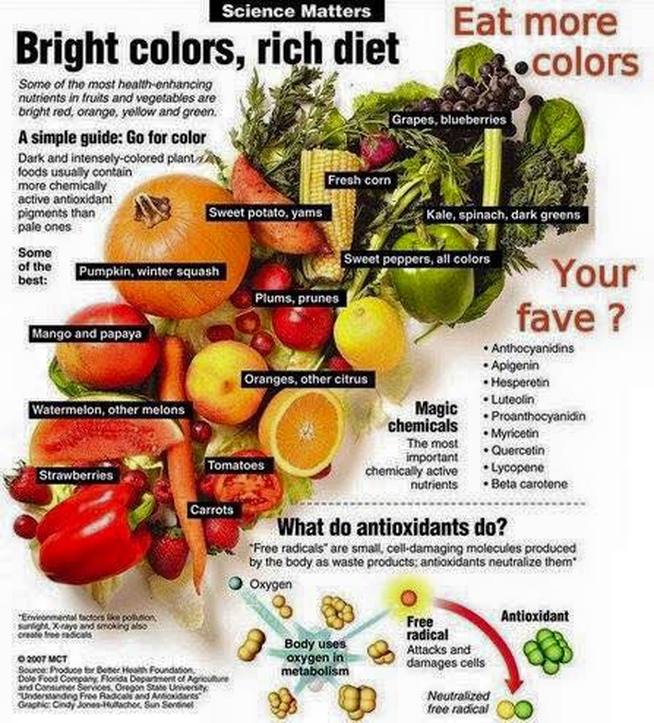On statins, experiencing muscle and joint pain?
On statins, experiencing muscle and joint pain? There’s something you need to know. Although statin medication is warranted in many circumstances, this cholesterol lowering drug is commonly known to cause myalgia (muscle and joint pain). These side effects are caused by statins blocking an enzyme called HMG-CoA reductase (an enzyme which assists with cholesterol production). Not only does inhibiting this enzyme halt cholesterol production, it also blocks the production of coenzyme Q10. Coenzyme Q10 is crucial for energy production in the body and a depletion leads to muscle and joint pain. Simply supplementing with Coenzyme Q10 while on statins can reduce or relieve your muscle and joint pain.




